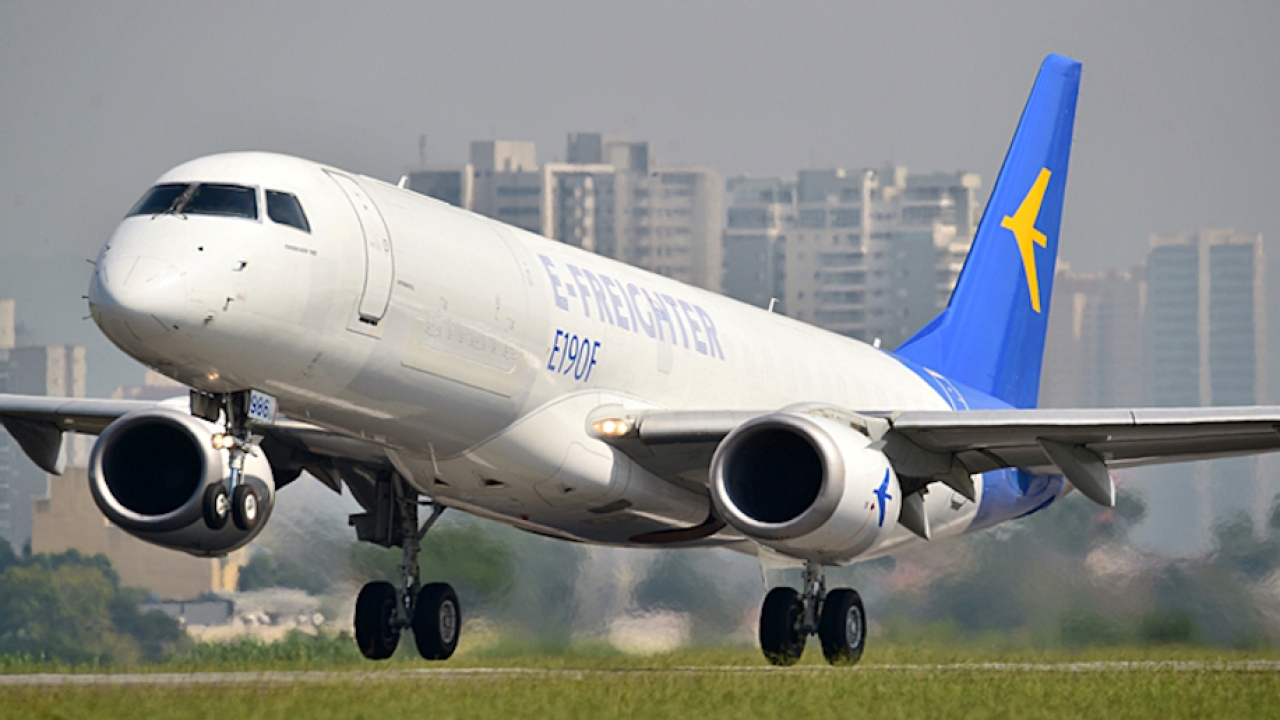SriLankan Airlines eyes Middle East market

This was announced by SriLankan Airlines' CEO, Vipula Gunatilleka at the recent Arabian Travel Market (ATM) in Dubai.
"The Middle East is among our most significant markets and we consider being at ATM and Dubai very important, which is why participated at full strength, despite the recent attacks in Colombo," said Gunatilleka. "We are determined not to let these setbacks discourage us and we will bounce back in style. Going forward we will announce plans to enhance services to the region and improve our business class offerings as we aim for a bigger slice of the luxury travel market."
Given that more than 2.5 million tourists from the Middle East made travel plans to the Emerald Isle in 2018 and with more than 5% originating from the GCC, SriLankan Airlines is currently evaluating how best to build on the 45 weekly flights it has to the region.
Future plans include transforming the airline into a major hub-and-spoke network operator with a streamlined and efficient hub in Colombo, servicing its own and alliance partner flights from and to Europe, Africa, the Middle East, Asia and Oceania. Already flying daily to Colombo from all the major cities in the GCC, SriLankan Airlines provides hassle-free, seamless connections to onward flights to South Asia, Southeast Asia, East Asia and Oceania on its all-Airbus fleet.
The airline envisages an increase in fleet numbers as it boosts services on lucrative routes and launches new routes in line with consumer demands and business opportunities. The airline is also in the process of installing premium economy seating across its widebody fleet and plans to add four new Airbus aircraft over the next five years to enhance passenger and freight carrying capacity, eventually building up to a fleet strength of 34 by 2025.
SriLankan Airlines today flies a 27-strong all Airbus fleet, which includes the A330-300 and A320neo aircraft connecting to 100 destinations in 47 countries.
Stay up to date
Subscribe to the free Times Aerospace newsletter and receive the latest content every week. We'll never share your email address.

